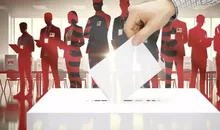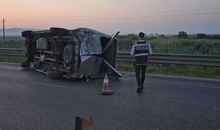
 Flash News
Flash News
Iran attacks Israel with ballistic missiles
"I wanted to do it...", the testimony of the Albanian man who killed his ex-wife in Italy is revealed
Two vehicles collide in Korça, one injured
Photo/ Mother of two children, who is the Albanian woman who was stabbed to death, was divorced from the perpetrator 3 years ago
Italy/ 45-year-old Albanian woman stabbed to death by ex-husband

In North Mitrovica, posters against the re-registration of cars with RKS-Republic of Kosovo license plates have appeared again.
On the windshield of some cars, stickers were seen with inscriptions "No delivery, the KM remains", referring to the KM license plate (Mitrovica of Kosovo), which is issued by the Serbian authorities and is considered illegal by Kosovo.
Likewise, the symbol of Kosovo on some car license plates has been covered with sticky papers that say KM.
On September 1, the 61-day deadline for the re-registration of cars with license plates bearing the abbreviations of the cities of Kosovo, issued by Serbia - such as KM, PR, PZ and similar - that are used by Serbian citizens in the north of Kosovo, began.
This is the second time that such messages appear in North Mitrovica, after the first time they appeared on July 30 of this year. But, even this time, the Kosovo Police did not make any announcement about these posters.
Meanwhile, during the month of August, graffiti appeared in North Mitrovica that read "Northern Brigade - Don't worry, we are here, we are waiting".
In the other world, the Police in the regular 24-hour report identified the case of the display of graffiti, but did not indicate the results of the investigations carried out.
It is estimated that in the four municipalities in the north (North Mitrovica, Leposaviq, Zubin Potok and Zveçan) there are around 10,000 cars with license plates issued by Serbia.
The Prime Minister of Kosovo, Albin Kurti, through a video message in the Serbian language, today called on the Serbs to convert the number plates to RKS, saying that this will enable free movement throughout the territory of Kosovo.
According to Kurt, 401,945 cars are registered with RKS license plates.
"Of these, tens of thousands are owned by minority communities. Those that need to be converted to RKS license plates make up about 2 percent of them," he said./REL
Latest news


Trump vetoes Israeli plan to assassinate Iran's supreme leader
2025-06-15 21:38:01
Vote recount in Tirana, Këlliçi: We want Alimehmet's mandate
2025-06-15 21:17:41
Erdogan calls Trump: We are ready to mediate for Iran
2025-06-15 20:55:34

Netanyahu says he attacked Iran to prevent 'nuclear holocaust'
2025-06-15 20:02:04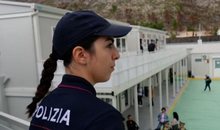
Migrant agreements: What benefits Kosovo and why are they criticized?
2025-06-15 19:43:08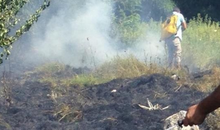
Gjirokastër/ Fire burns three hectares of grass near the Kardhiqi Bridge
2025-06-15 19:22:34

Gattuso appointed new Italy national team coach
2025-06-15 18:34:17
Over 400 people have been killed so far in Israeli attacks on Iran
2025-06-15 18:15:47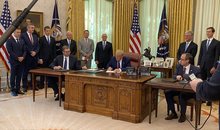
Trump warns of return to Kosovo-Serbia issue: Biden damaged it
2025-06-15 17:46:52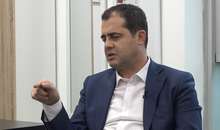
Bylykbashi: Current electoral system is toxic
2025-06-15 17:25:20
Trump vows for Iran-Israel deal, mentions Kosovo case with Serbia
2025-06-15 16:59:02
German tourist injured on Gjipesa beach, hit by a dinghy's propeller
2025-06-15 16:40:31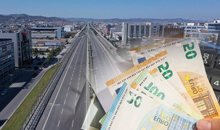
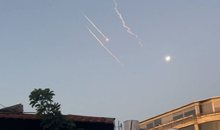
Iran attacks Israel with ballistic missiles
2025-06-15 15:48:49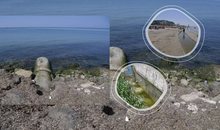
Fecal beach in Durrës, the other side of the tourist miracle
2025-06-15 15:30:57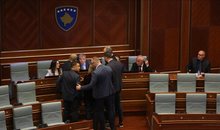
The attempt to constitute the Assembly in Kosovo fails again
2025-06-15 14:59:10
Ish-presidentit francez Sarkozy i hiqet medalja e Legjionit të Nderit
2025-06-15 14:58:46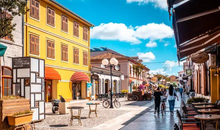
Shkodra, with the highest population contraction after the Census
2025-06-15 14:31:47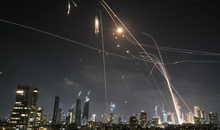

Caused a fatal accident and left the scene, 35-year-old arrested in Lezha
2025-06-15 13:40:10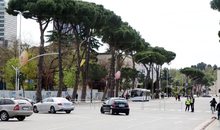
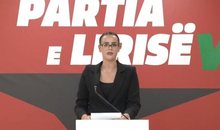
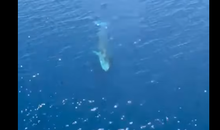
Rare! Whale appears near the Karaburun peninsula
2025-06-15 12:42:49

Stranded at sea, Border Police brings 8 foreign citizens ashore
2025-06-15 12:05:01
Who were the four Iranian generals killed in the Israeli attack?
2025-06-15 11:43:36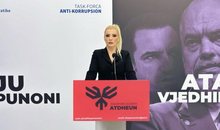
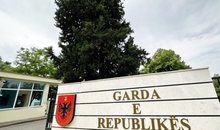
Simon Zereci is appointed head of the Republic Guard
2025-06-15 11:10:36
Gennaro Gattuso is expected to be the new Italy coach
2025-06-15 10:45:46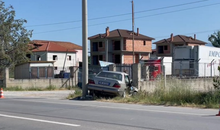
Two vehicles collide in Korça, one injured
2025-06-15 10:20:28
Trump says US can easily broker deal between Iran and Israel
2025-06-15 10:06:11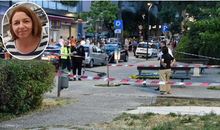


Italy/ 45-year-old Albanian woman stabbed to death by ex-husband
2025-06-15 09:16:43
Foreign exchange, the rate at which foreign currencies are sold and bought
2025-06-15 09:03:57
Horoscope, what do the stars have in store for you today?
2025-06-15 08:50:41
Albania risks falling below 2 million inhabitants before 2035
2025-06-15 08:30:11
Temperatures reach up to 32 degrees Celsius, weather forecast
2025-06-15 08:18:49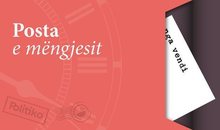
Morning Post/ In 2 lines: What mattered yesterday in Albania
2025-06-15 08:00:49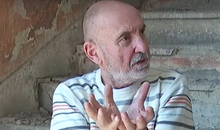
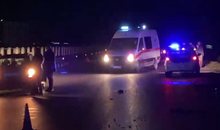
Two vehicles collide in Karbunara, one injured
2025-06-14 21:36:38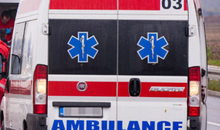
A person is found without signs of life in Peja
2025-06-14 21:18:19
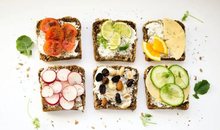
Are you hungry after exercising? Experts recommend these snacks
2025-06-14 20:36:24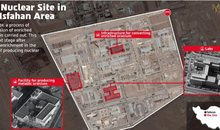

Kudos to Edi Rama for committing the May 11 theft in front of the cameras!
2025-06-14 19:57:21

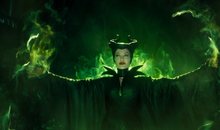
These are the 3 most jealous zodiac signs
2025-06-14 19:01:29
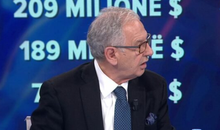
Nesho: Iran is the violator of nuclear production
2025-06-14 18:21:43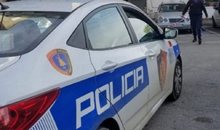
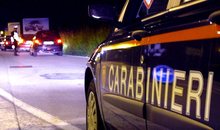
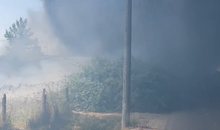
A scrap metal collection point in Kavaja is engulfed in flames
2025-06-14 17:19:47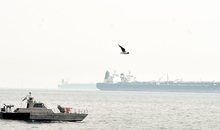
After Israeli attacks, Iran considers blocking the Strait of Hormuz
2025-06-14 17:02:28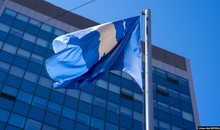
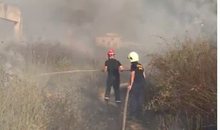
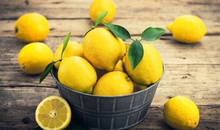
Ja çfarë i ndodh organizmit tuaj nëse konsumoni çdo ditë limon
2025-06-14 16:16:23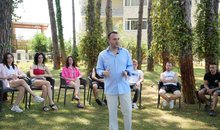



Internationally wanted for corruption, Loran Dusha extradited from Zimbabwe
2025-06-14 15:30:04
VIDEO/ Dubai skyscraper engulfed in flames, 3,800 residents evacuated
2025-06-14 15:16:49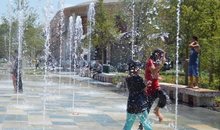
With these 5 ways, you can cope with the heat even at home
2025-06-14 15:08:46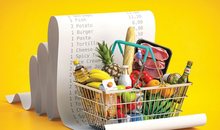
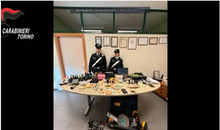
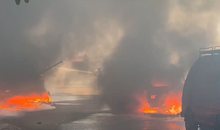
Fire in Kavaja, a scrap metal collection point engulfed in flames
2025-06-14 14:43:40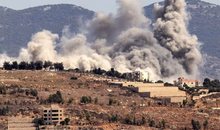
Israel eliminates 9 scientists of the Iranian nuclear program
2025-06-14 14:33:34
The appeal of the GJKKO leaves the seizure of Arben Ahmetaj's assets in force
2025-06-14 14:17:14
Less appearance, more connection: How the way men love is changing
2025-06-14 14:16:13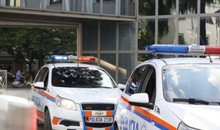
Astrit Sinanaj is arrested in Tirana, he tried twice to kill a businessman
2025-06-14 14:02:59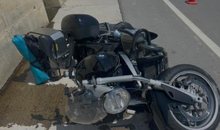
Accident on Arbri Road, two foreign tourists end up in Trauma
2025-06-14 13:37:03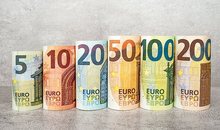
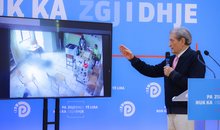


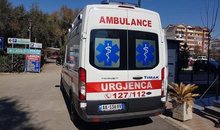
Tourist found dead inside apartment in Vlora
2025-06-14 12:46:40

Accident in Levan, truck with kitchen utensils ends up in the canal
2025-06-14 12:12:57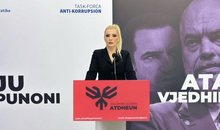

Clashes at the Order of the Psychologist, Treska declares the elections invalid
2025-06-14 11:45:55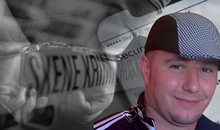

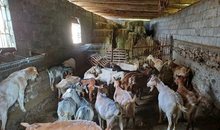

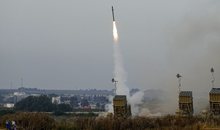
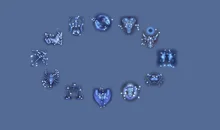
The weekend brings luck for this zodiac sign, a pleasant surprise is coming!
2025-06-14 10:34:31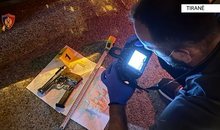
Caught with firearms and drugs in the car, two people arrested at "Ali Demi"
2025-06-14 10:25:17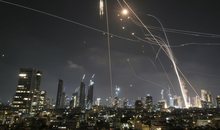
Analysis: Israel's attack on Iran, ignition of conflict in the Middle East?
2025-06-14 10:16:14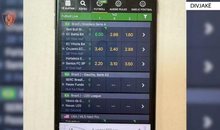
Gambling in a bar, the owner and the waiter are arrested in Divjaka (NAMES)
2025-06-14 10:07:27
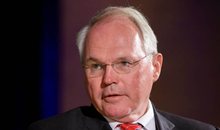



Tourist packages, how much does Albania "cost"
2025-06-14 08:58:23